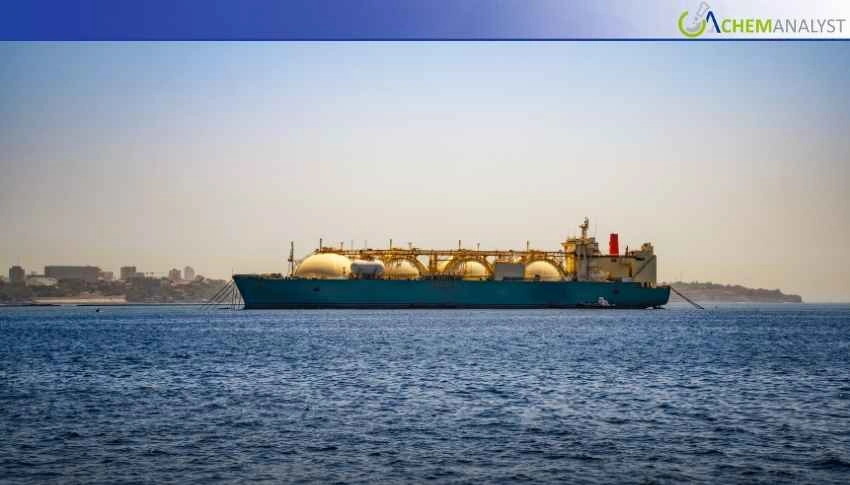Welcome To ChemAnalyst

Ukraine will receive U.S. LNG via Greece this winter, strengthening energy security amid Russian attacks and aligning with Europe’s shift from Russian gas.
Ukraine has arranged a crucial supply of U.S.-sourced liquefied natural gas (LNG) through Greece to help meet its energy requirements throughout the upcoming winter period, covering December through March of next year. The announcement came on Sunday as Ukrainian President Volodymyr Zelenskiy visited Athens, where Greek and Ukrainian officials jointly confirmed the agreement. This development marks an important step for Kyiv as it continues to safeguard its energy system amid persistent Russian attacks on critical infrastructure and domestic gas production sites.
Under the arrangement, the imported LNG will enter Ukraine via an established pipeline network across the Balkan peninsula. This route will enable Ukraine to secure vital winter gas volumes at a time when its own production capacities have been repeatedly disrupted. In a joint statement, Greece’s state-owned natural gas company DEPA and Ukraine’s national energy operator Naftogaz confirmed that the agreement becomes operational starting in December, ensuring a reliable flow of supplies through the winter months. President Zelenskiy further noted that actual LNG deliveries are expected to begin in January.
Speaking alongside Greek Prime Minister Kyriakos Mitsotakis, Zelenskiy emphasized the necessity of this arrangement. He explained that although Ukraine consistently restores facilities damaged by Russian strikes, the scale of destruction often demands considerable time, effort, equipment, and supplementary imports. Gas imports, he said, are now essential to compensate for the loss of Ukraine’s domestic production capabilities caused by ongoing Russian assaults.
Before arriving in Greece, Zelenskiy also revealed that Kyiv had already designated the necessary funding to support these gas imports. This financing will come from European partners and banking institutions under guarantees provided by the European Commission, as well as from Ukrainian banks. Together, these funds are intended to meet almost the entire estimated requirement of €2 billion (approximately $2.3 billion). He also mentioned that Ukraine is collaborating closely with U.S. partners to ensure full financing for the initiative, highlighting the international support behind the country’s energy security plan.
The timing of the Ukraine-Greece LNG arrangement is also significant for Europe more broadly. It follows Greece’s recent achievement of securing its first long-term agreement to deliver U.S. LNG to Europe starting in 2030. This milestone occurred shortly after the European Union approved a ban on Russian LNG imports beginning in 2027, a policy move driven by Moscow’s ongoing invasion of Ukraine, now in its fourth year. With the continent working to further reduce its reliance on Russian energy, Greece’s role in facilitating alternative supply routes has grown increasingly important.
Prime Minister Mitsotakis underscored this point during his remarks with Zelenskiy. He noted that Greece is evolving into a key provider of energy security for Ukraine and emphasized that this agreement not only assists Kyiv during a critical winter period but also contributes to Europe’s broader objective of limiting the entry of Russian natural gas into the region. Through this cooperation, Athens and Kyiv are aligning both energy resilience and geopolitical priorities.
We use cookies to deliver the best possible experience on our website. To learn more, visit our Privacy Policy. By continuing to use this site or by closing this box, you consent to our use of cookies. More info.
